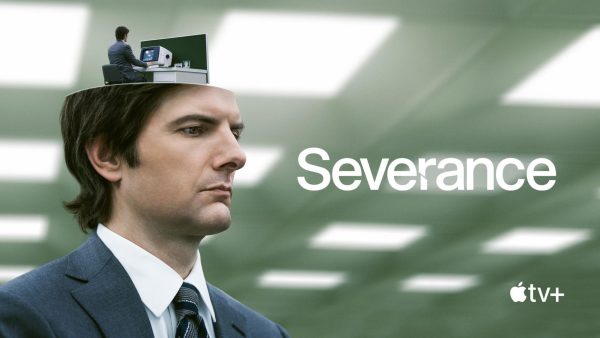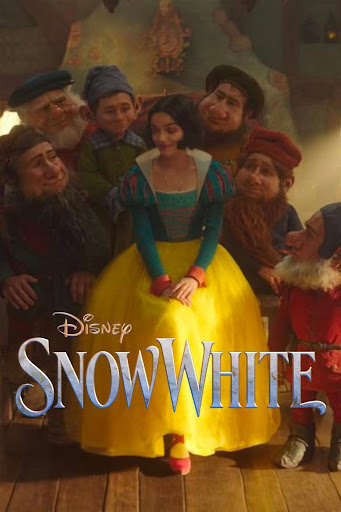Missing the point
Jordan Belfort had it all: obscene amounts of money, a supermodel wife, the lavish, Long Island mansion, helicopters, luxury cars, a 130-foot yacht and all the other toys a millionaire could need.
At first glance, it seems as if The Wolf of Wall Street will focus on Belfort’s history — how he is living proof that the “American Dream” is still very much alive. It seems like we, the audience, will come to love Belfort, to relish in his accomplishments and celebrate his wealth.
But that couldn’t be farther from the truth.
At its core, The Wolf of Wall Street is about a fall from grace, depicting how greed, corruption and money can ruin lives. Instead of the funny, feel-good, rags-to-riches movie that is shown in trailers, it plays out more like an episode of CNBC’s American Greed. It’s like The Godfather in that Belfort, portrayed by Leonardo DiCaprio, starts out as an idealist, someone who’s in Wall Street for “the greater good.” But for Belfort, like Michael Corleone, money and power get to his head, and we witness the character that director Martin Scorsese built up fall apart right in front of us. His morals erode, as does his company, his marriage and his family, as he starts to get involved with drugs, side women, shady business deals and the “luxuries” that millions of dollars can bring.
DiCaprio and Scorsese insist in interviews that The Wolf of Wall Street is a cautionary tale, one that depicts the heathenism and old-fashioned greed of Wall Street financiers in a negative way. Scorsese wanted to show how these men only cared about themselves and would stop at nothing to get rich, even if that meant screwing over everyday people by investing their stocks in companies that would only result in financial gain for the brokers.
It’s a thought-provoking tale, one that at its surface seems obscene, but there’s more substance to it than the f-bombs and graphic adult-oriented scenes. It shows the “American Dream” in a different light, one that wouldn’t have been featured on screens 20 years ago. It doesn’t glorify the rich man, it tears him down. It doesn’t glorify the stock market, it exposes it. That’s really what makes the movie special, the subtle-underlying message that’s gotten lost in the debate about the films “morals.”





